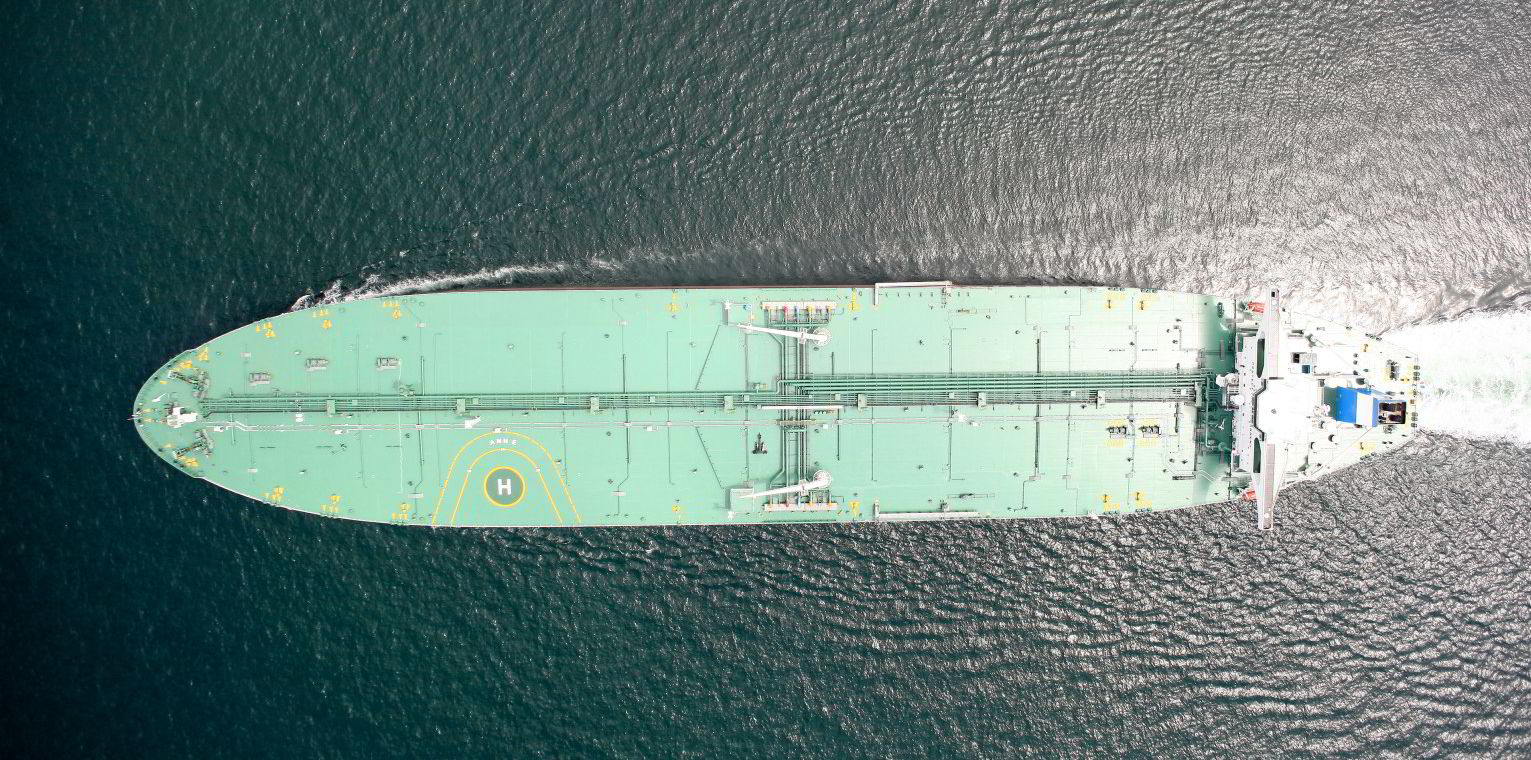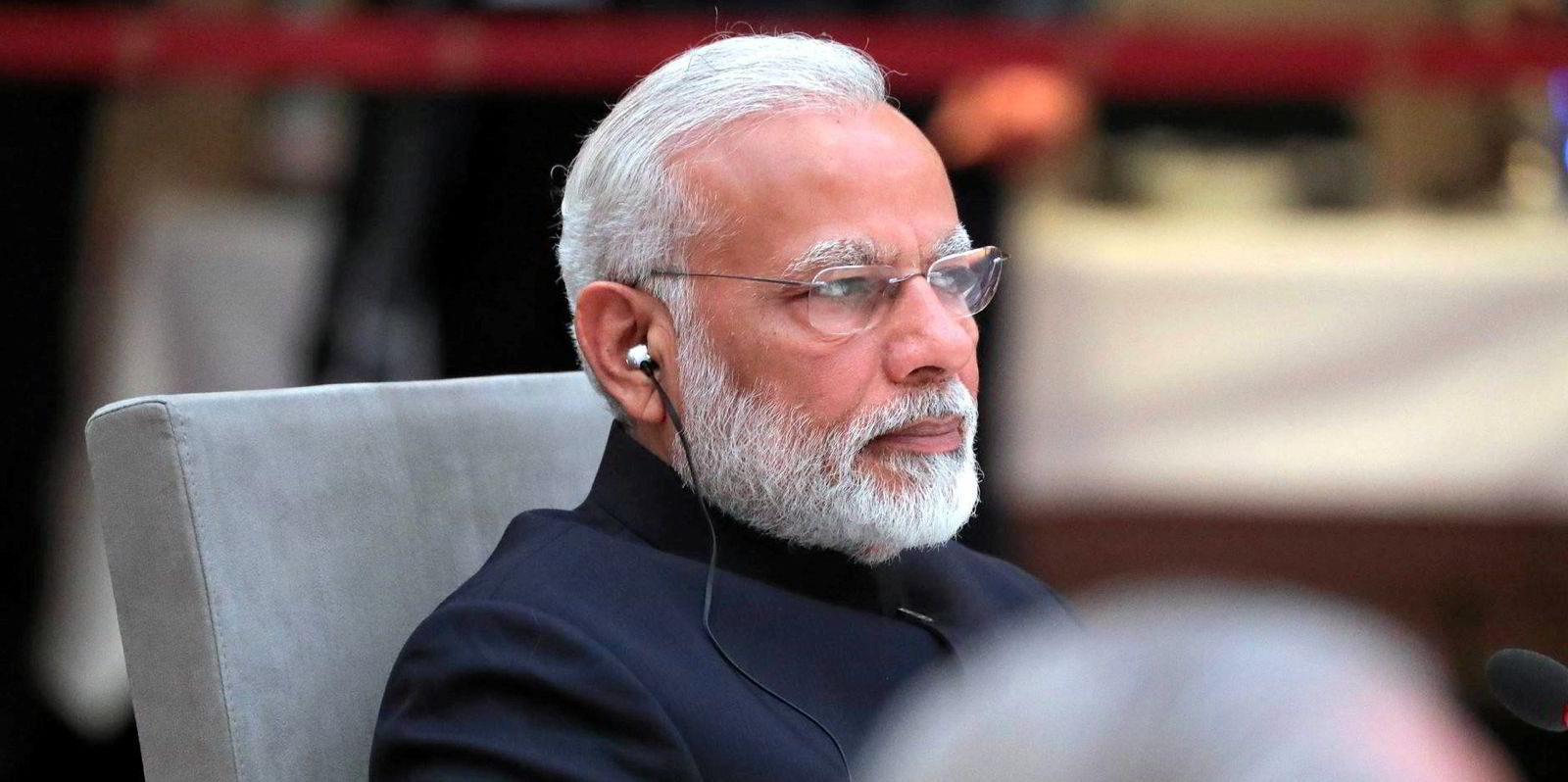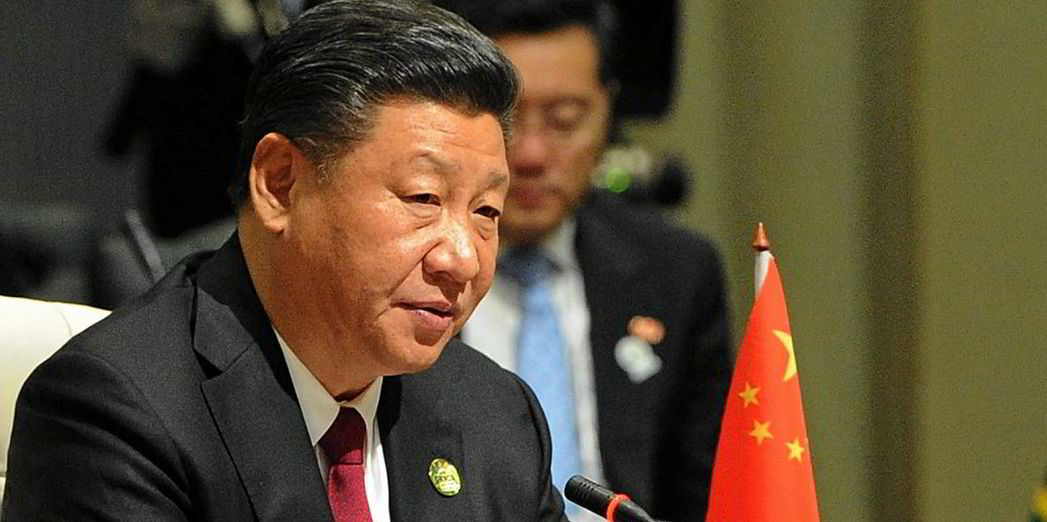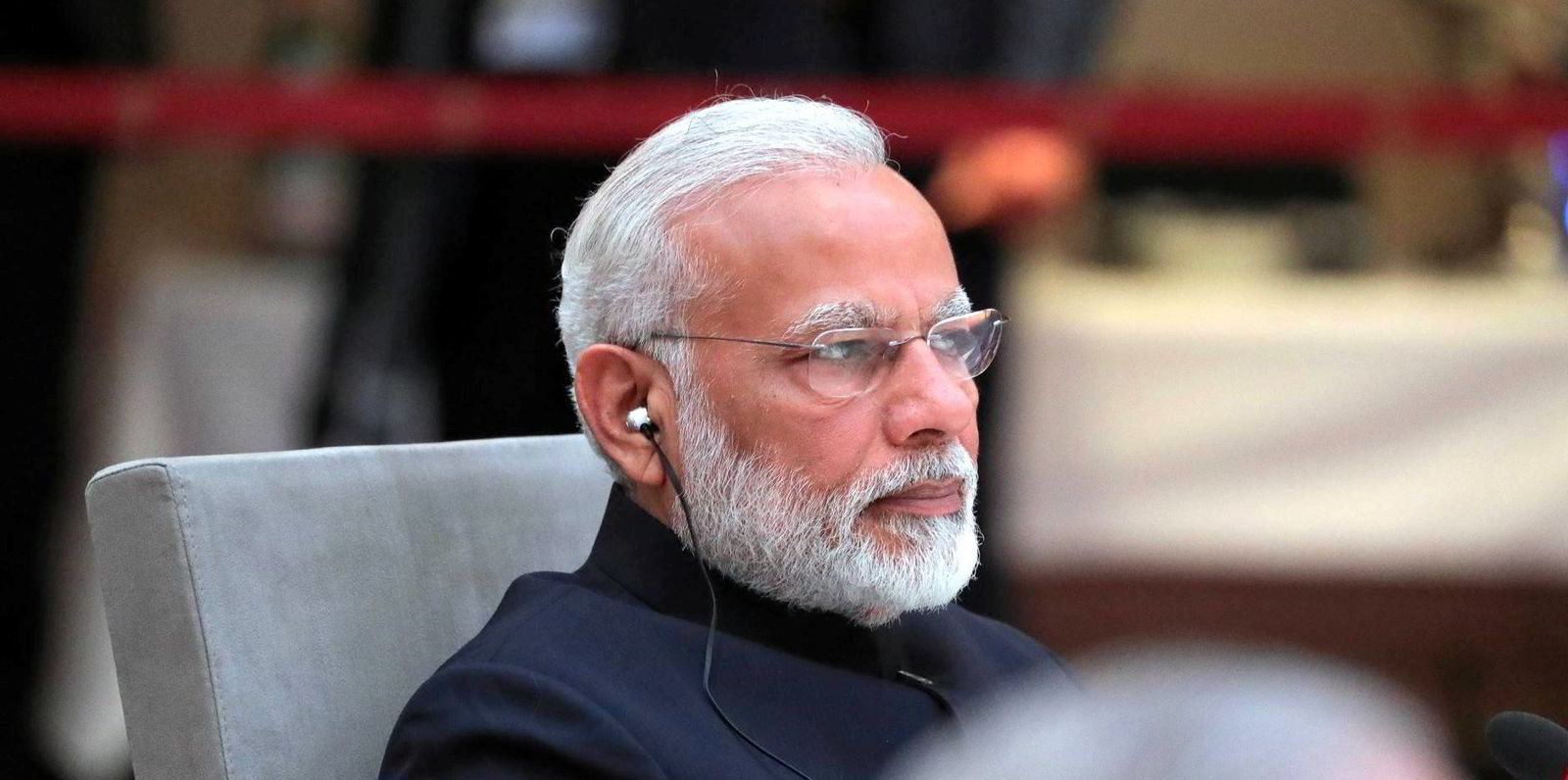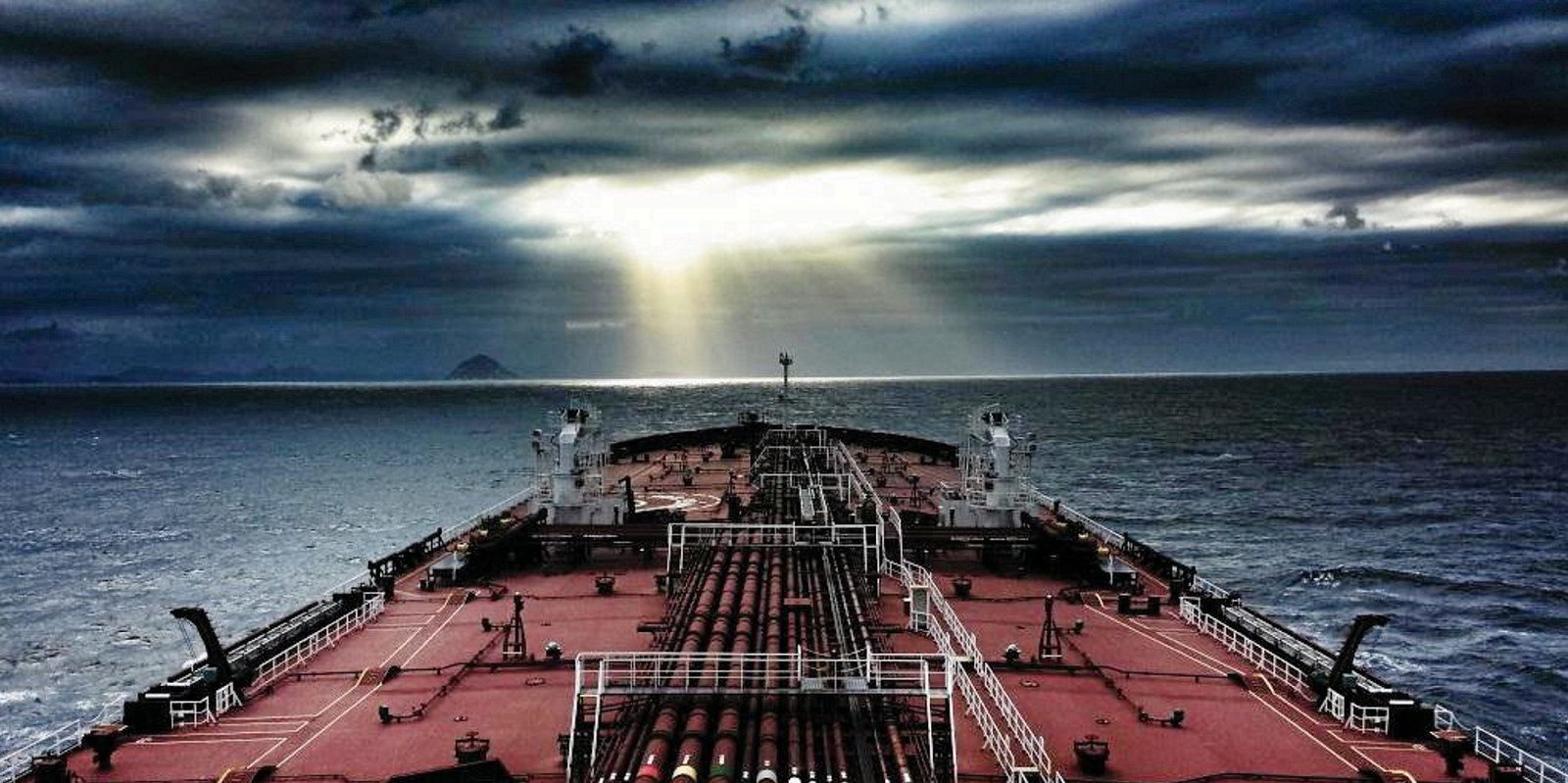Geopolitics and China’s renewed battle with Covid will continue to provide uncertainty for the VLCC market over the short to medium term, says a top US broker.
Poten & Partners says the oil markets “seem to be conspiring against the VLCCs”, traditionally the bellwether of the tanker market, in recent years.
“The largest crude oil carrying ships were usually a leading indicator of where the markets were heading. This changed during the pandemic,” the US broker said.
“The massive Opec production cut led to a significant reduction in long-haul VLCC demand and created significant overcapacity in this segment.
“The sanctions on Iran and Venezuela, both important VLCC markets, are also hurting this segment more than others, with the ‘rogue fleet’ eating into their employment opportunities,” it said.
When the global economy started to recover from the pandemic and Opec started to gradually restore production, things started to look up, according to Poten.
But then came the Russian invasion of Ukraine and multiple Covid lockdowns in China, both of which dampened long-haul crude oil demand.
But are these just temporary setbacks for the VLCCs or are there structural challenges facing the VLCC segment long-term?
In the long term, it says the economies of scale benefits of VLCCs will bring this segment back to prominence.
“The dominant oil producers in the Middle East and the fastest-growing consumers in Asia … will use the largest available vessels to minimise the delivered cost of crude oil,” it said.
“However, as we have already seen, in the short to medium-term, the situation could be different.”
Poten said a comparison of the last quarter of 2021 with the most recent three-month period after the Russian invasion of Ukraine, which coincided with the lockdowns in China, illustrates the changes in VLCC employment.
Trade patterns have changed because of the sanctions on Russia by many western and some Asian countries, the broker said.
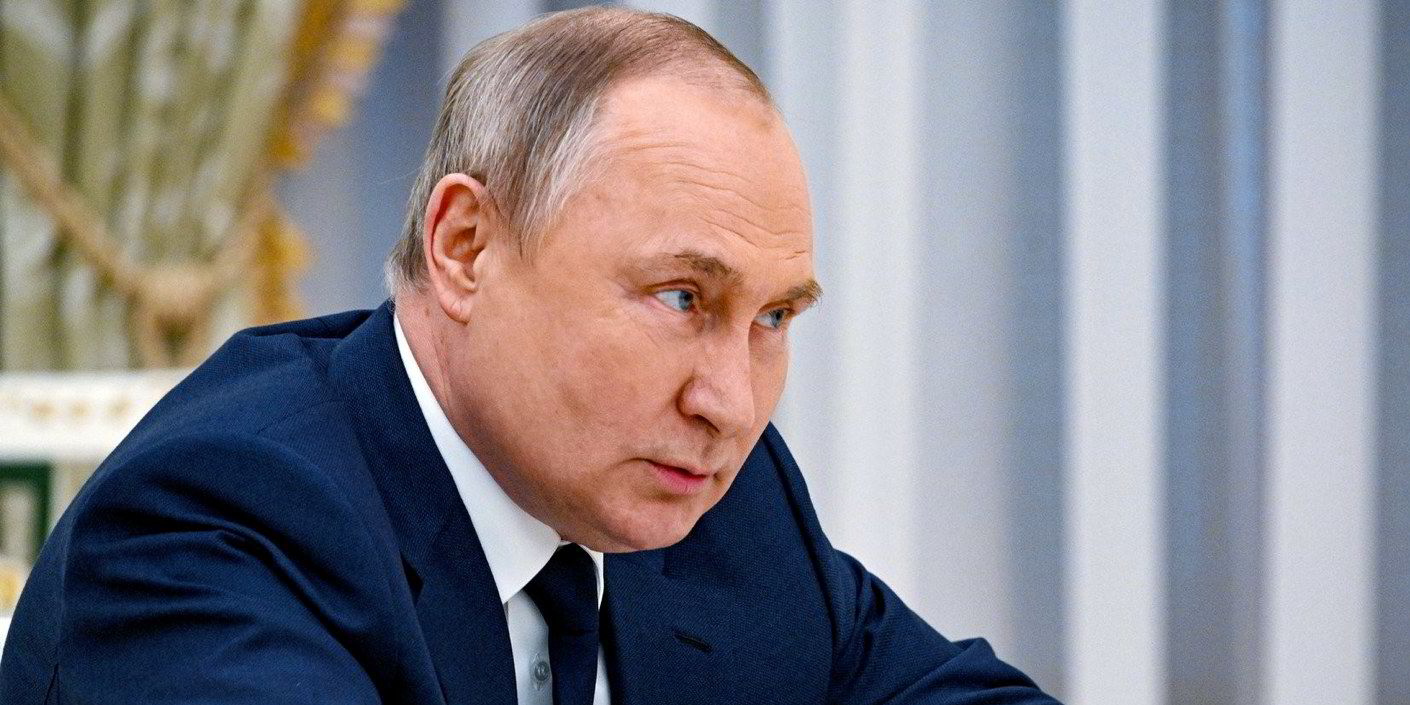
India, not historically a large importer of Russian crude, has seen a seven-fold increase in imports from the Black Sea while those from the Baltic show a 10-fold increase.
“These growing imports from Russia benefit aframax and primarily suezmax tankers as the main export ports cannot accommodate VLCCs,” Poten said.
“VLCC imports into India went down over the same period, driven by significant declines in imports from the US Gulf and Central America. West Africa also exported less to the Indian Subcontinent. These are all long-haul VLCC trades.”
Other changes have seen Europe import more oil from West Africa, the Middle East and the US Gulf as it pivots away from Russian crude.
“While the Middle East to Northwest Europe trade is predominantly a VLCC trade, suezmaxes do a significant portion of the West African and US Gulf exports to Europe,” Poten said.
“Europe also retains almost all its domestic crude from the North Sea. Before the war, there was a regular VLCC trade of North Sea Forties crude to China.
“In recent months, this trade has largely dried up, because the Europeans keep this crude to refine it locally. Since this was a very long-haul trade, the ton-mile implications are significant,” the broker said.
Last, but not least, China has reduced its crude oil purchase due to the lockdowns in several parts of the country as part of its zero Covid policy.
As a result, China, which is the world’s largest VLCC employer, has cut back on purchases from West Africa, Latin America and the US.
Poten said an ideal scenario for the VLCC market would see the war in Ukraine end soon and sanctions gradually lifted.
“Russia will continue to supply some crude to Europe and trade flows [would] normalise,” the broker said.
“China is back, a global recession is avoided, oil demand and supply rebalance and tanker demand recovers.
“It would be even better if sanctions on Iran and Venezuela were to be lifted and the shadow fleet is recycled,” the broker said.
“Under this scenario, VLCC rates will show a strong recovery.”
In contrast, a bad scenario would mean a continuing war in Ukraine, leading to increasing sanctions and rising geopolitical tension.
“High energy and food prices continue to drive inflation and push the world into a global recession,” Poten said.
“As a result, the shadow fleet expands further and now services Russia in addition to Venezuela and Iran.
“No meaningful vessel recycling will take place and the VLCC market will continue to languish,” it said.
